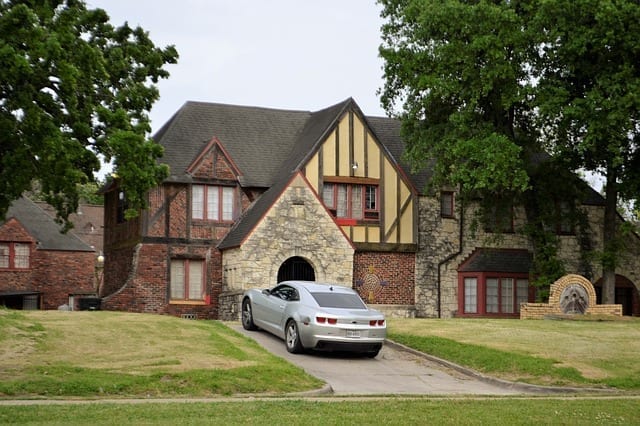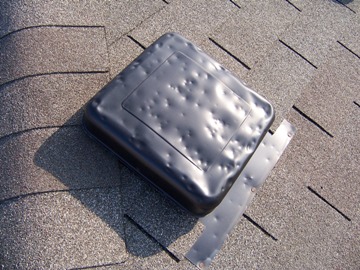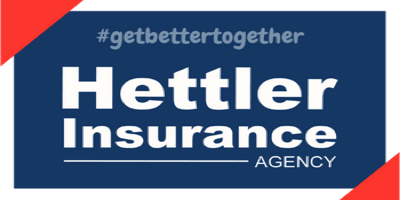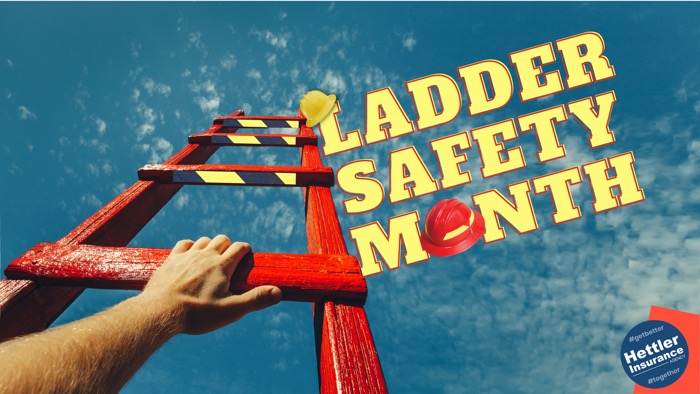
Should You Stay or Jump?
Jim and his wife Nancy just celebrated their second year in a beautiful new home. The celebration didn’t last long, however, when the couple discovered their homeowners policy increased 35% versus the previous year! Even worse, the rate hike occurred without any claim activity and very little credit changes.
Maybe you’ve also felt Jim’s pain. It’s an all too common experience for homeowners in the Lone Star state.
What Causes Home Insurance Rates to Increase?
Understand that there are many factors leading to a policy increase. Many reasons for an increase don’t seem obvious on the surface and are sometimes even beyond your control.
New homeowners like Jim and Nancy are often offered significant policy discounts that simply don’t carry over into the next year.
Age of Home & Roof
Houses also age and older homes can have more frequent and expensive claims. Think of it a bit like driving a new car off the lot. Everyone knows the moment you purchase a new car and drive home, the value decreases. Wear and tear, miles, teenagers, etc. all cause us to see a depreciation with our vehicles. Your home is no different. Older homes, for example, have older roofs that tend to be more susceptible to leaks. Your home’s roof design and whether it has solar panels can even impact your policy amount.
Changes to Home & Property
Beyond age, your policy may be impacted by any changes you make that increase the chance of personal injury or damage to your home. Remember, the riskier a person or property is to insure, the higher the price tag for insurance premiums.
Have you installed a new swimming pool? Added a new dog such as a Pitbull breed to the family? Have you added a trampoline or treehouse to your backyard? All of these reasons can lead to higher premiums. While your first instinct might be to not tell your insurance carrier, realize the risks involved. If someone were to accidentally drown or get injured by your dog, lawsuits are likely, and the claims could be denied.
Insurance inspectors will also be onsite after filing a claim. While they are determining damage and payout, an overgrown tree or old shed in the backyard could be a red flag for your insurance company. Those new risks would be reported, leading to a higher premium.
What about a new balcony or winding staircase? If they increase the chance of falls inside the home, they’re serious threats — in 2015, the total medical costs for falls totaled more than $50 billion according to the Centers for Disease Control and Prevention.
In addition to price hikes, changes can also lead to policy cancellations. We wrote an article a few years back that covers the absurd and odd reasons for home policy cancellations.
Natural Disasters in Texas
Additionally, Mother Nature has a large impact on premiums. In 2017, Hurricane Harvey devastated much of the Texas Gulf Coast, causing $125 billion in damage. Hail storms in Texas are becoming more frequent and a 2018 storm in North Texas caused $1 billion in damage to insured homes, businesses and automobiles.
When a natural disaster affects others in Lubbock, West Texas or even elsewhere in the state, premiums can increase for everyone. Texas has one of the highest home insurance rates in the country in part due to high losses from storms.
When to Be Concerned About Rate Increases
So now that you understand a bit about what can cause your homeowners policy to increase, what exactly can you do about it?
First, realize rate hikes of 15 – 20% per year for a home policy renewal are nothing to be too alarmed about. It’s a fact of life: most carriers increase rates over time.
Rate hikes of 50% or more are unusual and absolutely mean it’s time to take action. Perhaps you’ve been with your carrier for years and don’t know where to start?
Work with an Independent Agent
Your first step is finding a licensed independent agent in Texas who can help review your policy. An agent can, for example, review your deductible — the amount of money you pay before insurance kicks in — and help reduce your overall premium.
Your agent may also discuss strategies for bundling your homeowner’s insurance with your vehicle insurance or adding an umbrella policy, for example. Some companies offer discounts anywhere from 5 – 15% or more if you buy both types of coverage, which adds up to significant savings!
Move to a new carrier and unlock discounts that ultimately lower your premium. However, moving too often can be a red flag and prevent you from being eligible with some carriers. A great agent will assess your situation and advise on whether to stay or leave carriers.
Most important: do your research and ask plenty of questions. Check out this handy guide to help you understand what you need to know when it comes to purchasing homeowners insurance. If you have any questions or want to learn how one of our qualified, licensed and independent agents can help you secure the best homeowners policy at the best price, contact us today.




